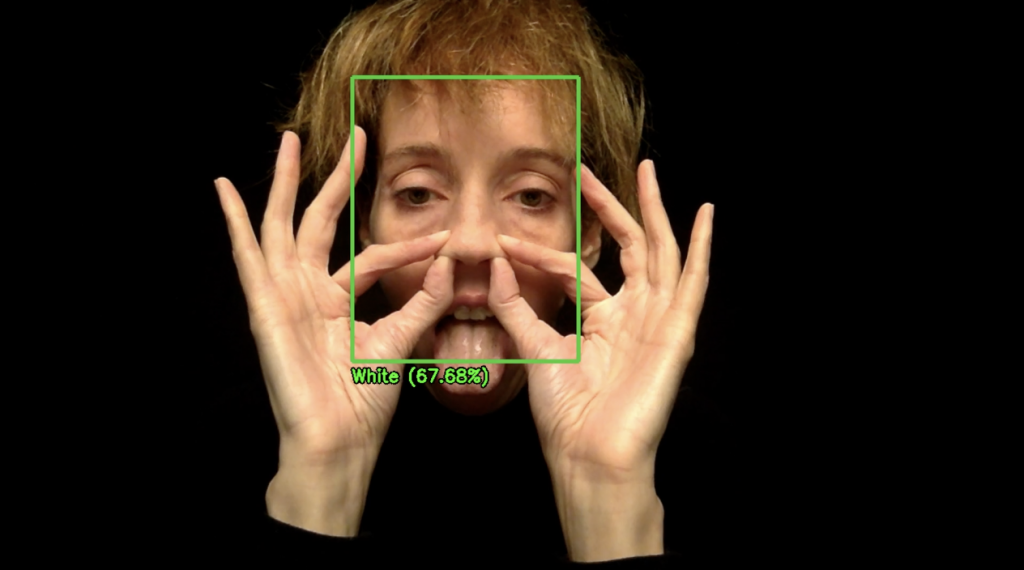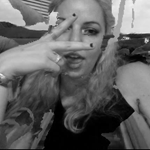As we come to the end of 2020, we can look back at the events that landed us in what felt like a parallel dystopian universe. Most of 2020 was a period of heavy isolation, with as limited of interactions as possible. In doing so, this forced many of us to finally reflect on ourselves and our dynamic role we play within that very society. As personal as this time of forced reflection was, it accentuated how flawed our system really is. Flawed economically, medically, environmentally, politically, and most prominently, flawed in the lack of progress for racial justice.
It would be incorrect to say racism has been seeping in and corrupting our society for centuries because racism cannot corrupt a structure that was built around its very image. George Floyd and Breonna Taylor’s murders did not reveal the injustices for black communities within the United States, there have been decades upon decades of movements that have highlighted this. What their deaths did emphasize is that racial profiling is still happening despite the decades of movements; racial profiling is still happening and to a horrifying extreme many have been too priviledge to realize. For Black America, this was the last straw, and for white America, this was a wake up call.
Deconstructing Whiteness (2020) takes a look at racial profiling in a surfacelly amusing yet deepingly unsettling way. At first glance we see the artist, Avital Meshi, contorting her face in a similar fashion of a child playing in a mirror. A hollow, green lined square perfectly frames her face regardless of any movement she makes. Below the square shows percentages of how “white” the framed subject is considered by an AI system. What initially seems like a juvenile attempt to out trick a computer system turns into the realization how arbitrary race is to a technological system; yet outside the scope of Meshi’s demonstrative “game”, the percentiles received greatly shape one’s life.

As a white and Asain American, my experience has been one similar to Meshi and the AI system. My ethnicity is a guessing game to many individuals I meet, especially around the percentiles. And I must admit, it too did start as a fun and juvenile game for me, but now that I have been a player of the same game for 22 years, I see it nothing short of pestilent. When you are met conversation after conversation around the defining of your race, you start to see how society cares more about profiling you than you. You feel dehumanized. You feel objectified.
This is not to liken my experience with those of Black Americans, because unlike Black Americans, I am not a target for hate crimes, isolating stereotypes, and police brutality. However, that is to say, I exist within the same society that Black Americans do, the same society that sees your race before they see you. And if that race is one that brings on centuries of subconsciously learned racism, I cannot begin to imagine how horrific of a society it would be to live in.
The inconsistency and malleability of the AI system’s ability to label Meshi’s likeness to the “white race” displays the hollow grounds racial construct resides upon. This is not to negate the fact that the concept of race plays a huge impact on our lives. In fact, the racial categories we are assigned determines our very real life experiences, which is the exact problem. As Deconstructing Whiteness highlights, we are not only seeing racial biases within society dynamics, but also bleeding into the new technology being developed. Our society heavily utilizes AI technology in many aspects of life, from our Instagram filters to the gathering of evidence for criminal cases. If our racial biases are not exempt from the technology we use, then it begs us to ask the question: What does our future look like as the few in privileged positions continue to develop and subscribe to these technologies that are undoubtedly racist?
Check out Avital Meshi’s Deconstructing Whiteness.
:::

Art Curator and Editor Que Peterson is a senior majoring in Visual Arts and minoring in Film Studies at the University of Richmond. She focuses primarily in video and sound art, with a fascination of using visuals to enhance the experience of live music.



